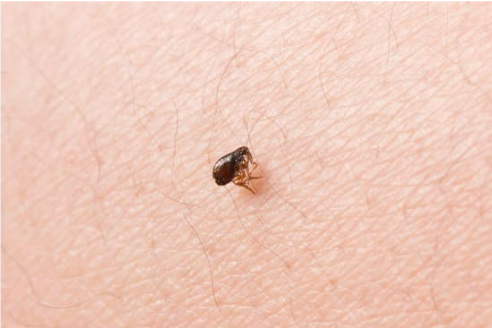One of our favorite things to do throughout the summer is to sit out in our backyard. This year we were so excited to be outside and set it up comfortably - only to be attacked by bugs all summer long. It was awful and we ended up not spending much time out here. Until recently, when we were recommended skeetermace! I sprayed it once and we were able to spend hours outside. It works so quickly and it actually smells so good! I highly recommend this product!
Thank you so much for your awesome review! We are glad that Skeeter MACE has made your backyard enjoyable again :D
I have used both the spray and the granules. Currently I am having a problem with neighborhood cats using my lovely landscaped front yard as a litter box. By using a combination of granules and spike mats it essentially eliminates cats from using the yard. Sprinkling the granules on a regular basis prevents the cats from coming back.
I use Skeeter Mace at my horse barn and have had fantastic results. My horses no longer require fly sheets or get covered with mosquito bits. I feel comfortable spraying it around my animals because of the natural ingredients.
Thanks for your wonderful review! I am glad the Skeeter MACE is helping to make you and your horses comfortable.
The Cat Mace product really works. When the neighborhood cats use my yard as a bathroom, I clean it up, spray Cat Mac (~weekly for a few weeks, then less often) and they stay away!
Voles were decimating my perennial and native perennials beds until I started using Vole Mace. It works! I have been using it for 2-3 years, broadcasting it by hand into my gardens every three months, including over the winter. I made the mistake last fall of waiting longer than three months and the voles returned and did quite a bit of damage. Once I reapplied Vole Mace they left. I have kept up with three month applications and haven't had any vole problems since.
I placed this around where my rabbit issues were. I placed this where the rabbits were coming onto my lawn. After a day I found no rabbits grazing. This was just what I needed to stop them from eating my lawn. Works well.
Natures Mace has many natural products that work well and won’t harm the environment. Great service and prompt delivery. Highly recommend.





